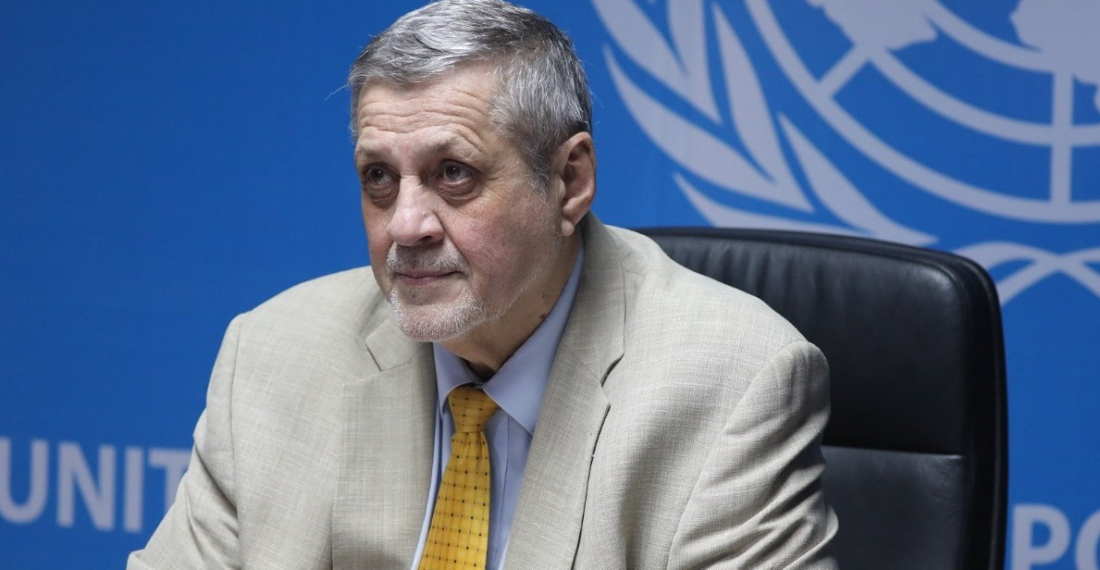A number of foreign embassies in Libya issued a joint statement calling on all Libyan political actors to ensure “inclusive, free and fair” parliamentary and presidential elections scheduled for 24 December.
The statement also echoed the calls of the UN Secretary-General’s Special Envoy for Libya, Jan Kubis, who said in his briefing to the UN Security Council last Friday that failure to hold scheduled elections in Libya could renew conflict in the country.
While the rules for the presidential elections are already agreed, the electoral framework is yet to be settled and is past due.
The statement by the embassies also states, “Laws governing the elections are past due – all actors should recognise that now is the time to engage and finalise the electoral framework, taking into account all legitimate concerns of the Libyan people, in order to allow for both Parliamentary and Presidential elections to be held on 24 December, 2021.”
The statement added that the embassies would support the authorities in holding the elections through raising awareness among voters and educating the public regarding the fight against disinformation during the electoral campaign.
Read the joint statement here.







